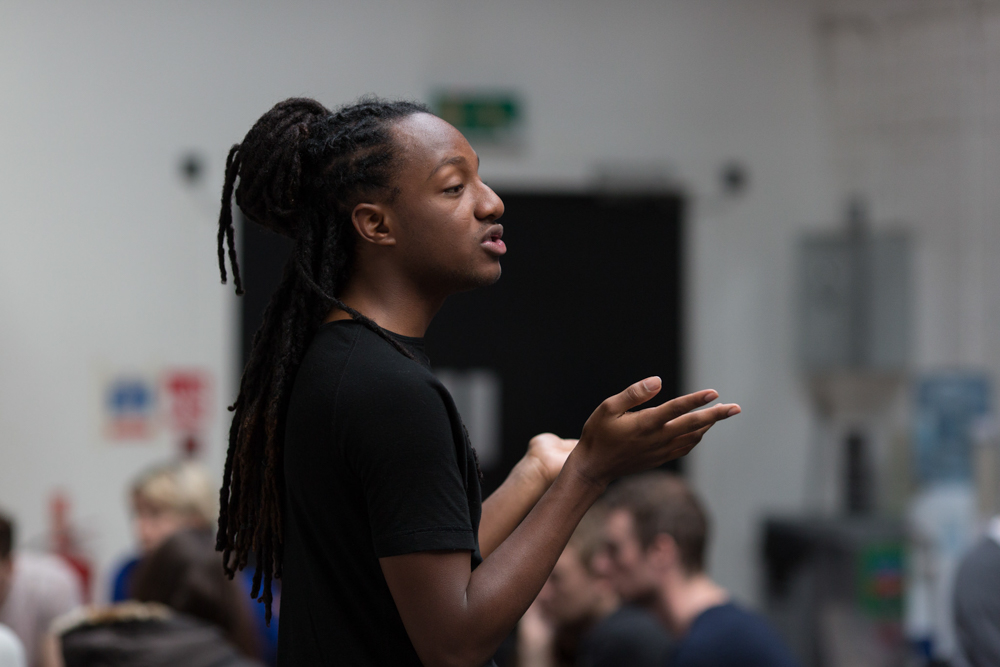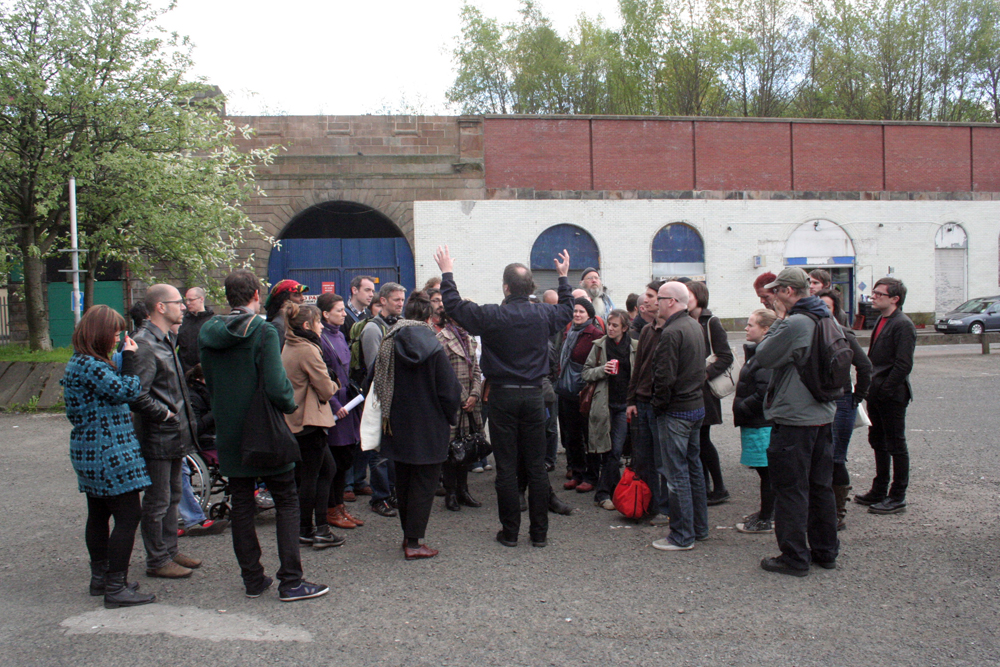
Self Cancellation – Acid/Nylon
Gustav Metzger
A recreation of one of Gustav Metzger’s celebrated auto destructive performances.
Arika have been creating events since 2001. The Archive is space to share the documentation of our work, over 600 events from the past 20 years. Browse the archive by event, artists and collections, explore using theme pairs, or use the index for a comprehensive overview.

A recreation of one of Gustav Metzger’s celebrated auto destructive performances.

Three intense solo performances for drums (both played and screamed through), cymbal, voice, credit card, bird whistle, and guitar amplifier/leads.

Has neoliberal capitalism locked down social experience? Are our seemingly subjective desires, our identities, pre-packaged by dominating social structures?

A 3-day exploration – through performance, screenings and discussion – of the art and politics of wayward communities who refuse to be bound by the fictions of race and sex.

Can we use sound, repetition and difference to personally and collectively engage with space, time and labour?

A film performance about Guy then, and Guy now, as a metaphor for the passing of time, which of course all film is inherently about.

How does this practice, that simultaneously resists and honours the distinctions between these genres, materials and senses, determine the inhabitation of another: a convergence of aesthetic and social experimentation?

“Hidden in the hands an alluvial transcription of reach and embrace. The final flickers of the body’s expression, caress and touch.” – boychild

Autobiographical detail becomes a lens to reflect and refract the deepest aspects of personal and social life in Delany’s ground-breaking non-fiction writing.

A specially commissioned performance for organ. “The course of the stars were to be put to sound.”

A collaborative social justice project that uses art, activism and awareness to combat the systemic oppression facing young, trans, queer & gender nonconforming people of colour.

A public walk from George Square to the Barras market bringing contributions from researchers, activists and artists in a form of live critical praxis